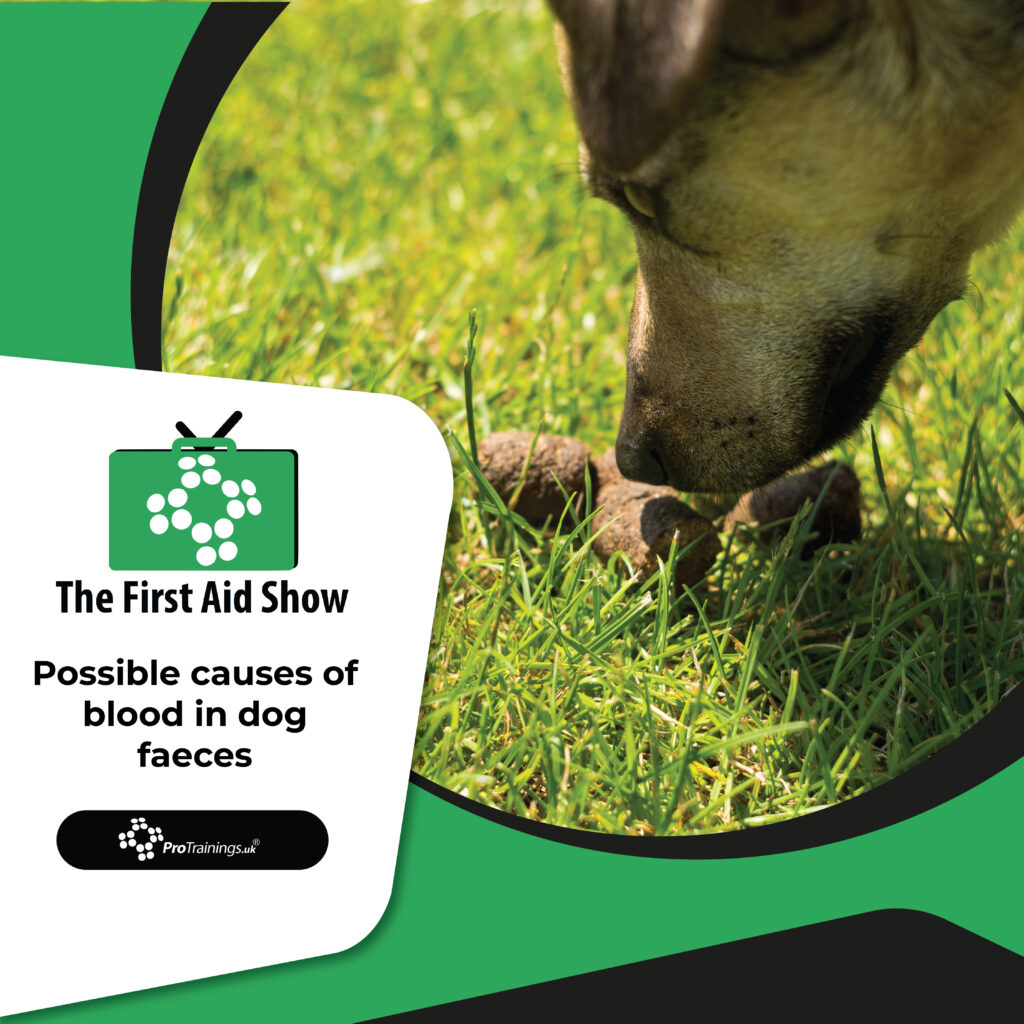When to Worry: Blood in Your Dog’s Stool
For dog owners, noticing blood in your dog’s poo can be alarming. While occasional stomach upsets are common in dogs, the presence of blood might indicate a more serious health issue.
Common Causes of Blood in Dog faeces
Understanding the potential causes is crucial for addressing this concerning symptom.
Parasitic Infections
Parasites such as hookworms, whipworms, and roundworms are a frequent cause of blood in dog faeces. These parasites can lead to inflammation and damage in the intestinal lining, resulting in bleeding. They can be contracted through contaminated food, water, soil, or contact with infected animals.
Dietary Issues
Dogs with sensitive stomachs or food allergies may experience stomach irritation and inflammation, leading to bleeding. Overly rich or fatty foods can also cause pancreatitis, which may result in bloody stools.
Inflammatory Bowel Disease (IBD)
IBD is a condition causing chronic inflammation in the digestive tract. It often results from an abnormal immune response to food or gut bacteria, leading to bleeding and diarrhoea.
More Serious Concerns
While some causes are less alarming, others necessitate immediate veterinary attention.
Gastrointestinal Tumours or Polyps
The presence of blood might indicate a tumour or polyp in the digestive tract. These growths can cause irritation and bleeding, and it’s vital to have them checked by a vet for early detection and treatment.
Trauma or Injury
Internal damage or bleeding may occur if a dog ingests foreign objects like bones or toys, or suffers from trauma such as being hit by a car.
Conclusion: Seeking Veterinary Care
If you notice blood in your dog’s stool, it’s essential to seek veterinary care promptly. Early diagnosis and treatment can make a significant difference in managing the underlying cause and ensuring your dog’s health and well-being.


